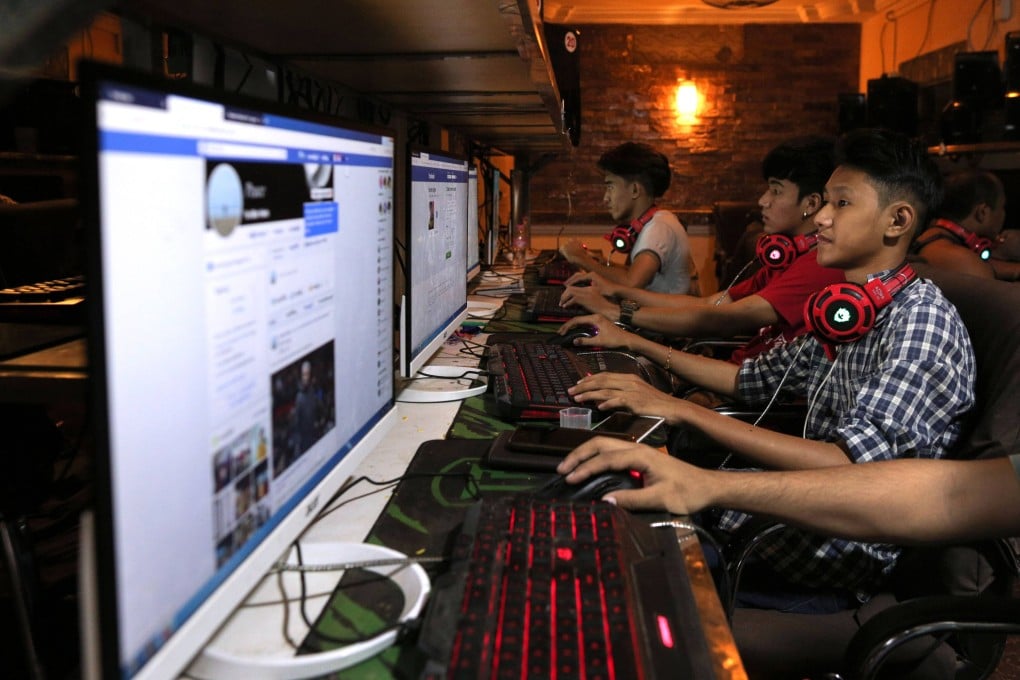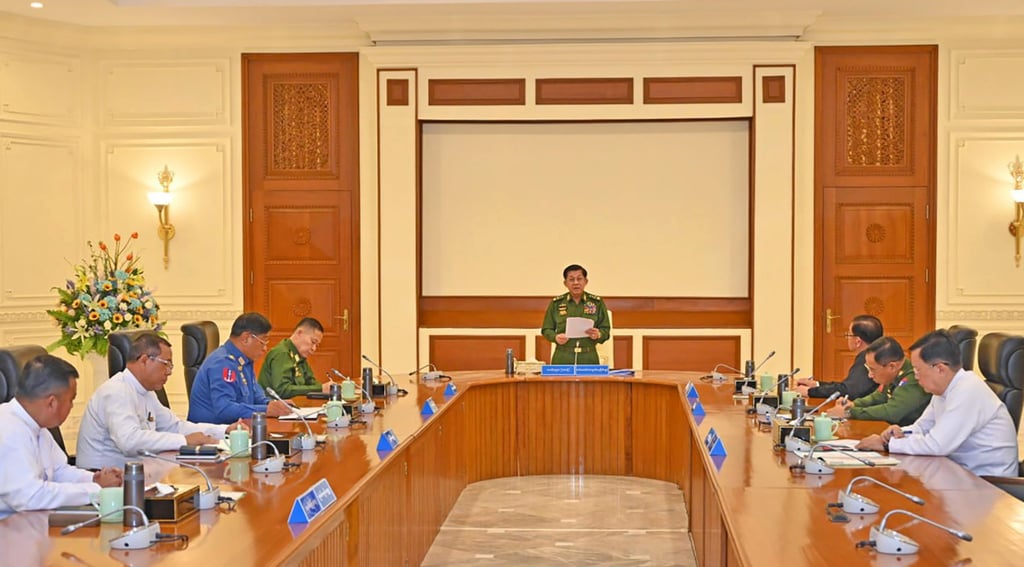Opinion | Myanmar junta’s VPN ban, internet controls expose citizens to more cyber threats
- Ban is likely to push people, desperately seeking information or social connection, towards alternatives even from obscured sources

Consequently, Myanmar people turned to virtual private networks (VPNs) as a way to circumvent the censorship. VPNs provide an encrypted route such that a user in Myanmar would be recognised as accessing the internet from another country.
A meme equating Burmese identity with 20 VPN applications illustrated the popularity of VPNs among Myanmar people. While that number is said in jest, the real-world figure is still likely to be high. Digital rights activists estimate that Myanmar citizens have an average of five VPN applications installed on their phones.

Between late May and early June this year, experts and cyber analysts started to observe that the SAC has been actively blocking access to VPNs. At the end of May, the Ministry of Transport and Communications ordered a nationwide ban on access to Facebook, Instagram, X, WhatsApp and VPN services, according to news reports from Voice of America. This crackdown is one of the extrajudicial executions of the Cybersecurity Law drafted in 2022 by the junta, which was never fully enacted. On the ground, security forces have been randomly checking, searching and even arresting people for having VPNs on their phones.
